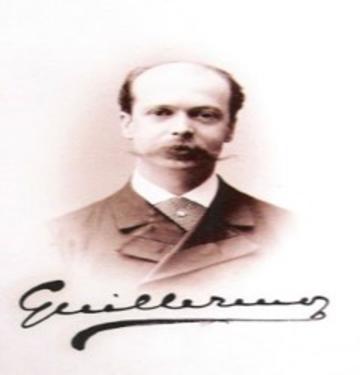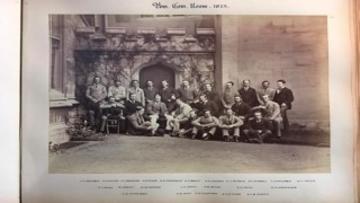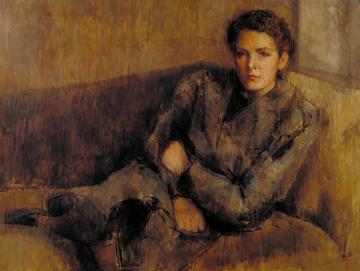
Guillermo de Osma (1853–1922).

Guillermo de Osma in a group photo at Pembroke College, Oxford.

Inez Pearn, 1937-8.
Marina Pérez de Arcos is a DPIR and Centre of International Studies Research Associate, co-founder of the Oxford Global Thinkers Project. This piece is based on research for an article published in the Hispanic Research Journal entitled ‘Individual, Institution, and Impact: The Untold History of the de Osma Studentship in Spanish Studies at Oxford’.